Iran and the United States have agreed to begin drafting a framework for a potential nuclear agreement, Iranian Foreign Minister Abbas Araqchi announced on April 19 following four hours of indirect talks in Rome. A U.S. official confirmed the development to Reuters, describing the talks as having made "very good progress."
Araqchi and U.S. Middle East envoy Steve Witkoff engaged through an Omani mediator who relayed messages between them. "We were able to make some progress on a number of principles and goals, and ultimately reached a better understanding," Araqchi said on Iranian state television, according to Reuters. "It was agreed that negotiations will continue and move into the next phase, in which expert-level meetings will begin on Wednesday in Oman."
Araqchi added that top negotiators would reconvene in Oman next Saturday to "review the experts' work and assess how closely it aligns with the principles of a potential agreement." He described the atmosphere of the talks as constructive but urged caution. "We cannot say for certain that we are optimistic. We are acting very cautiously. There is no reason either to be overly pessimistic."
A Trump administration official confirmed plans to meet again next week.
"Today, in Rome over four hours in our second round of talks, we made very good progress in our direct and indirect discussions," the official said. U.S. President Donald Trump, who withdrew from the 2015 nuclear deal in 2018 during his first term, has warned that he may take military action unless Tehran swiftly agrees to a new deal that would prevent it from developing a nuclear weapon.
"They can’t have a nuclear weapon. I want Iran to be great and prosperous and terrific," Trump told reporters on April 18.
Iran insists its nuclear program is for peaceful purposes and has expressed willingness to accept limited restrictions in exchange for the lifting of sanctions. However, a senior Iranian official said Tehran would not agree to dismantle its centrifuges, halt enrichment entirely, or reduce its uranium stockpile below 2015 levels.
Kyiv’s fate is shaping how Tehran plays the nuclear game
As the United States and Iran engage in renewed nuclear negotiations, the shadow of Ukraine looms large over Tehran’s strategic considerations. Recent indirect talks in Muscat, Oman — facilitated by Omani intermediaries — mark a significant diplomatic step. But Iran’s approach to these talks is deep…

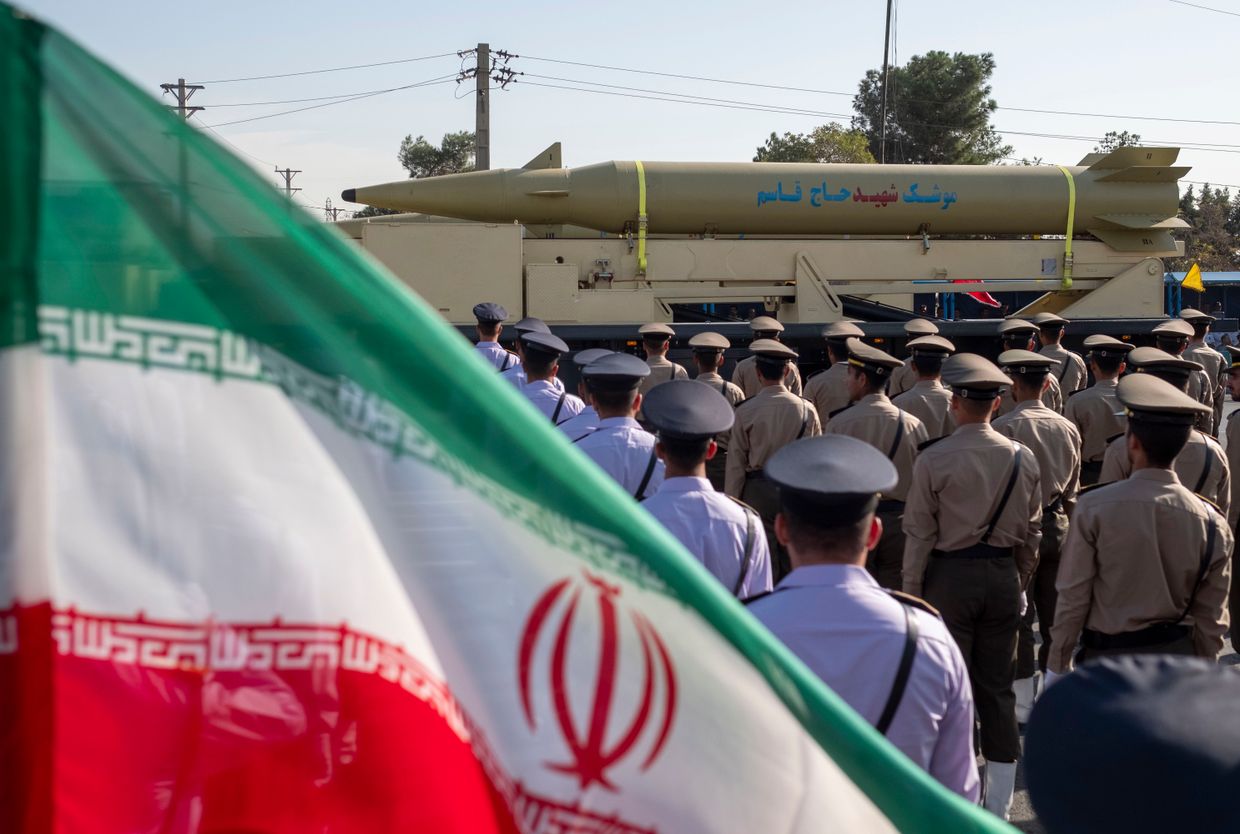
.png)
 German (DE)
German (DE)  English (US)
English (US)  Spanish (ES)
Spanish (ES)  French (FR)
French (FR)  Hindi (IN)
Hindi (IN)  Italian (IT)
Italian (IT)  Russian (RU)
Russian (RU)  5 hours ago
2
5 hours ago
2
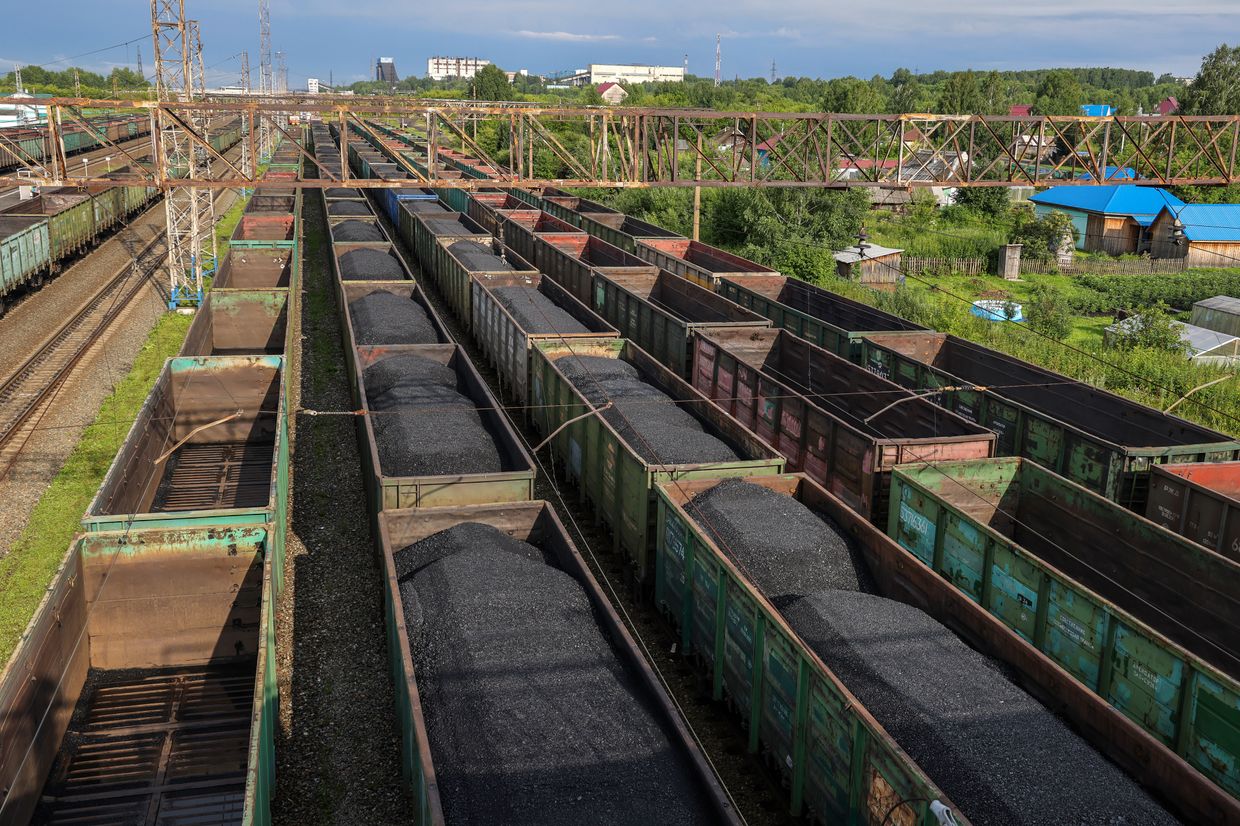
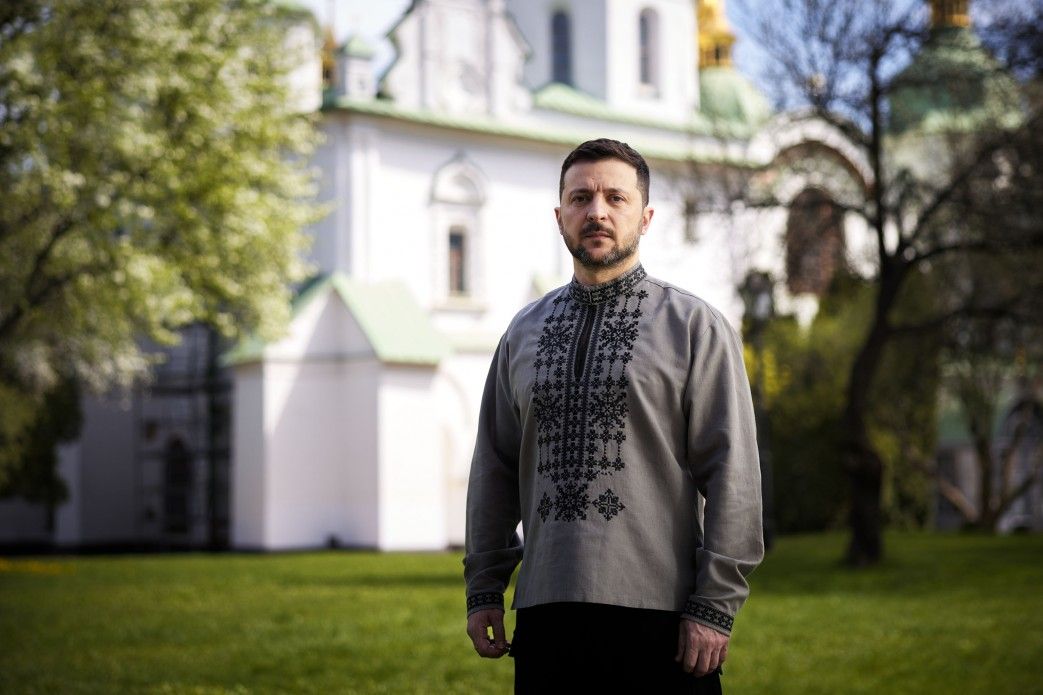
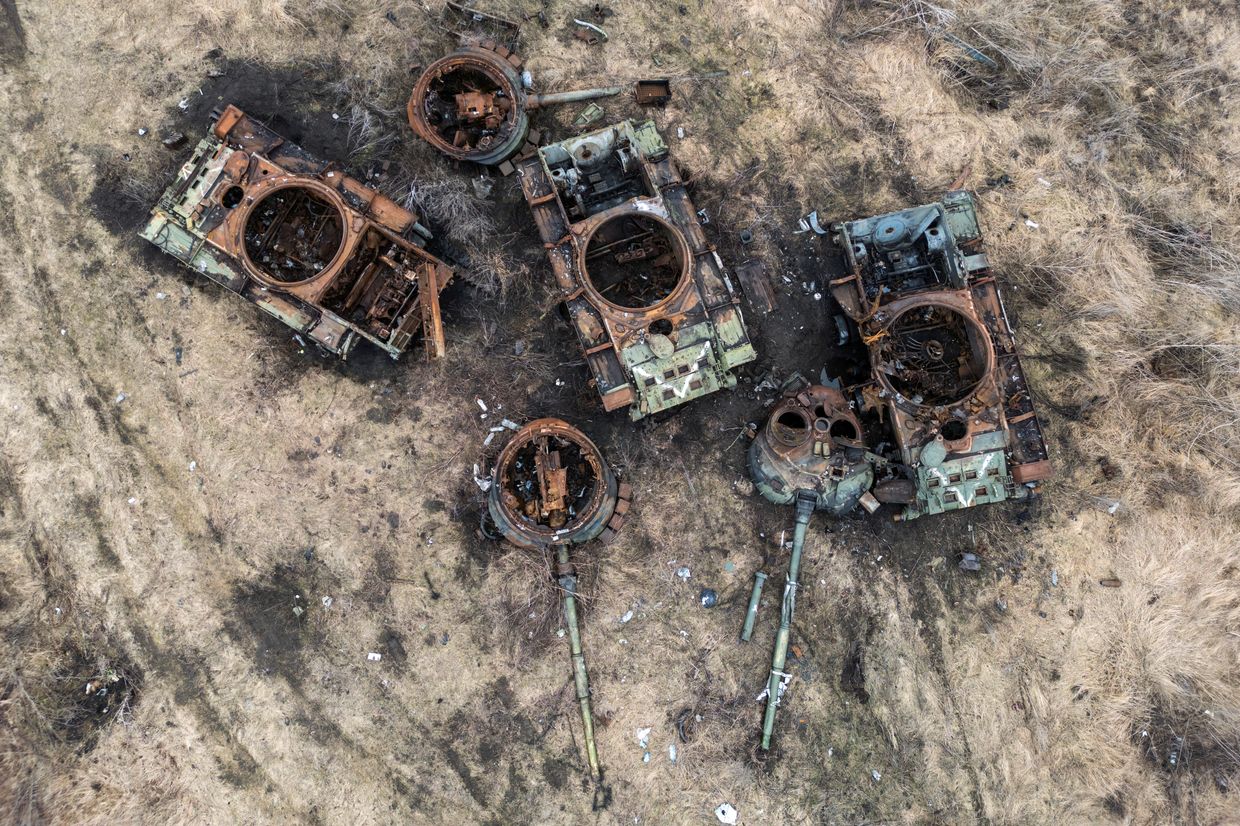
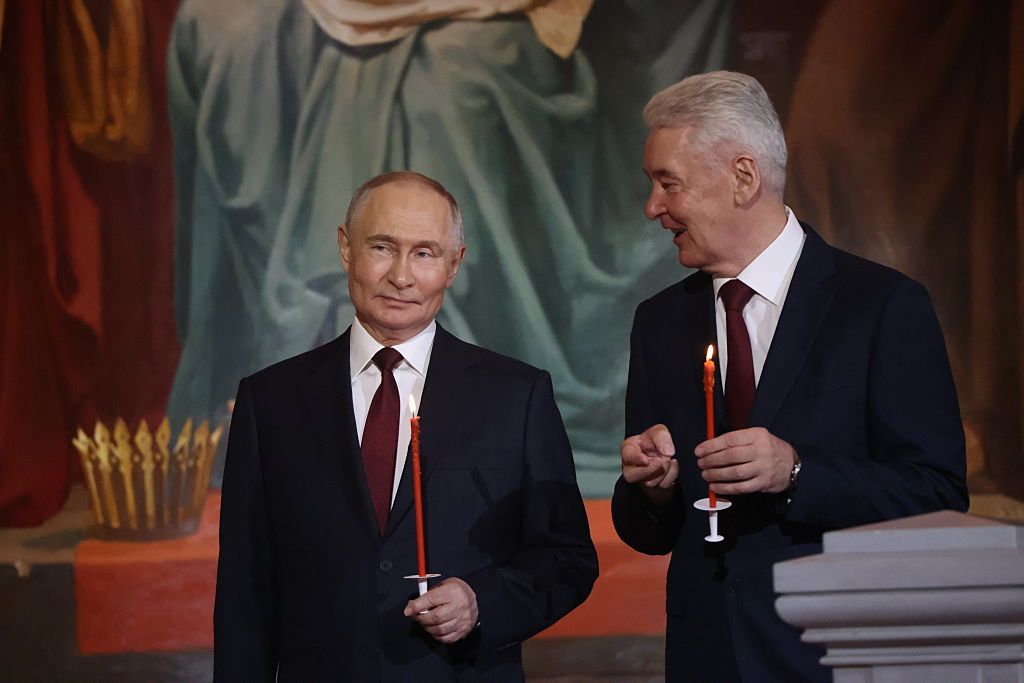





Comments